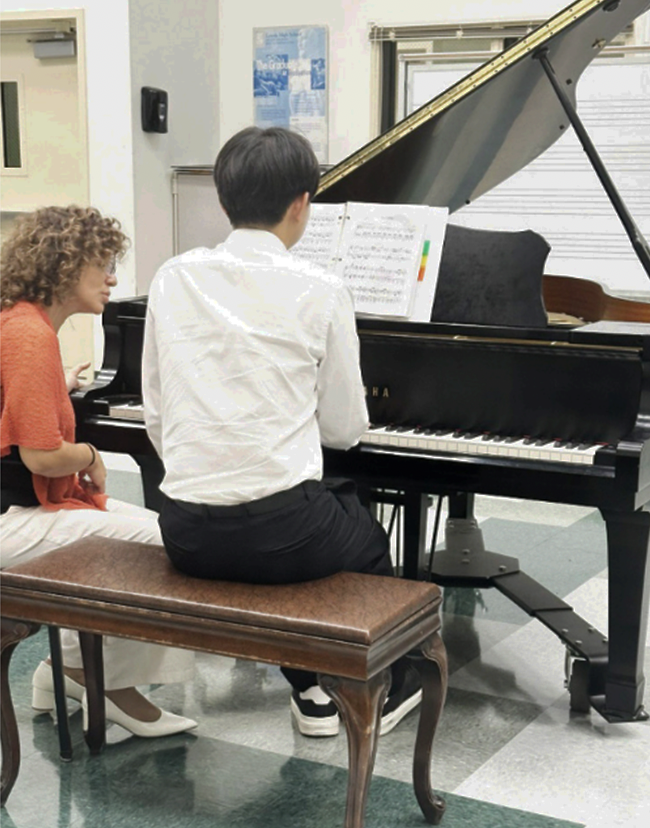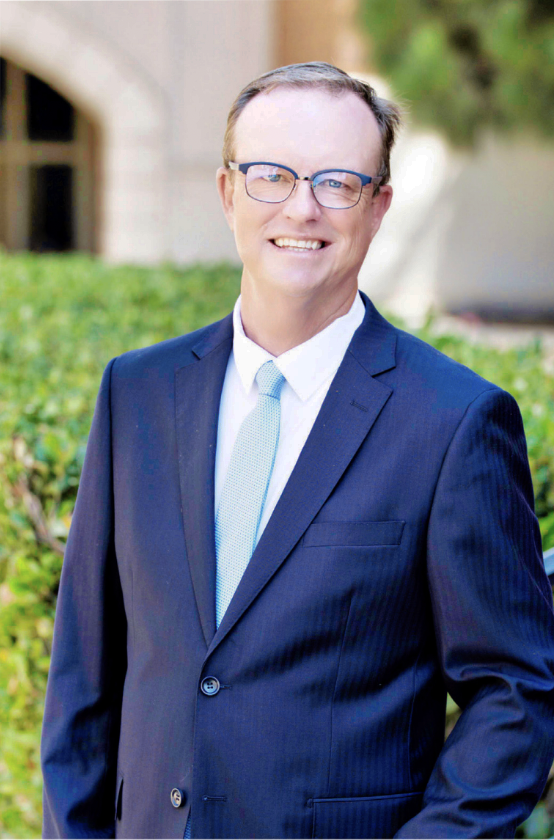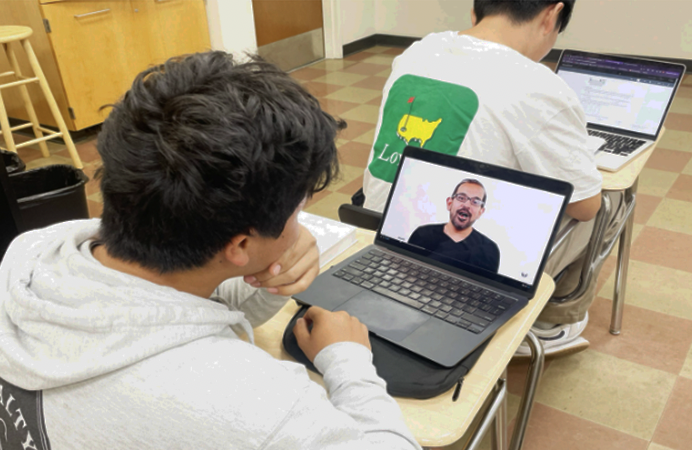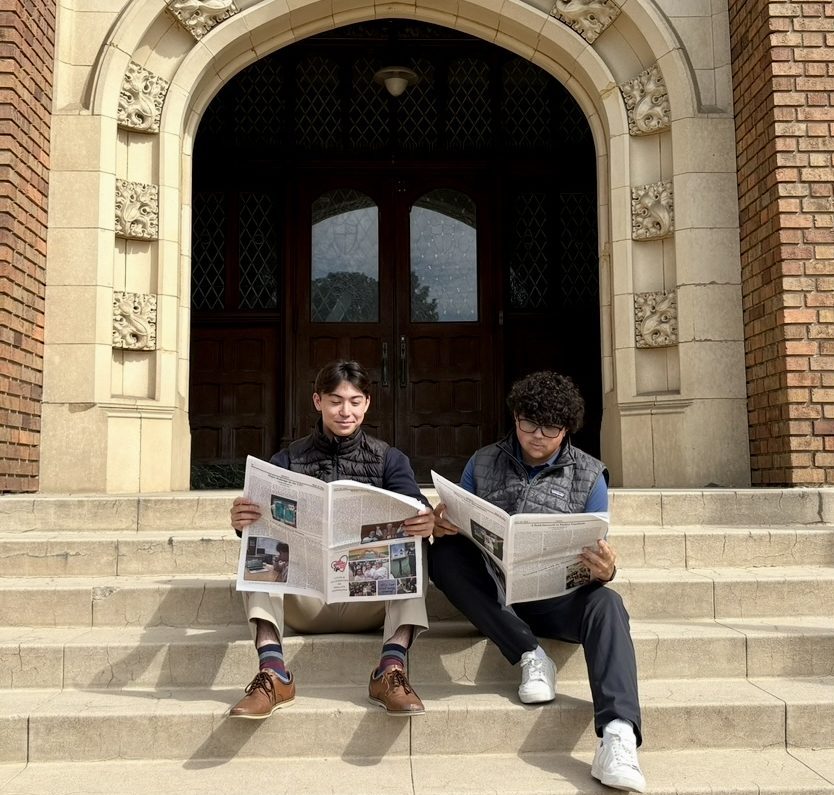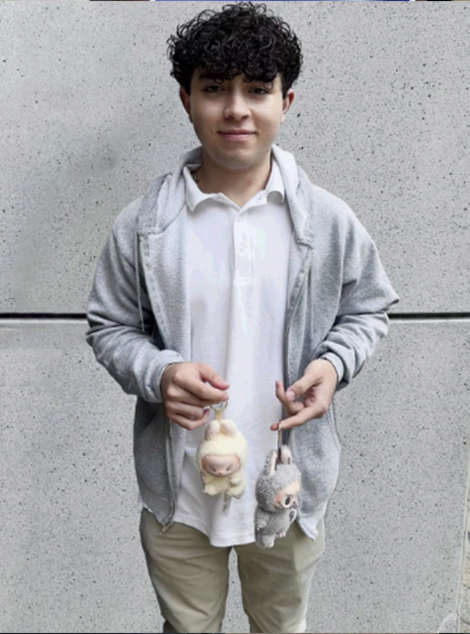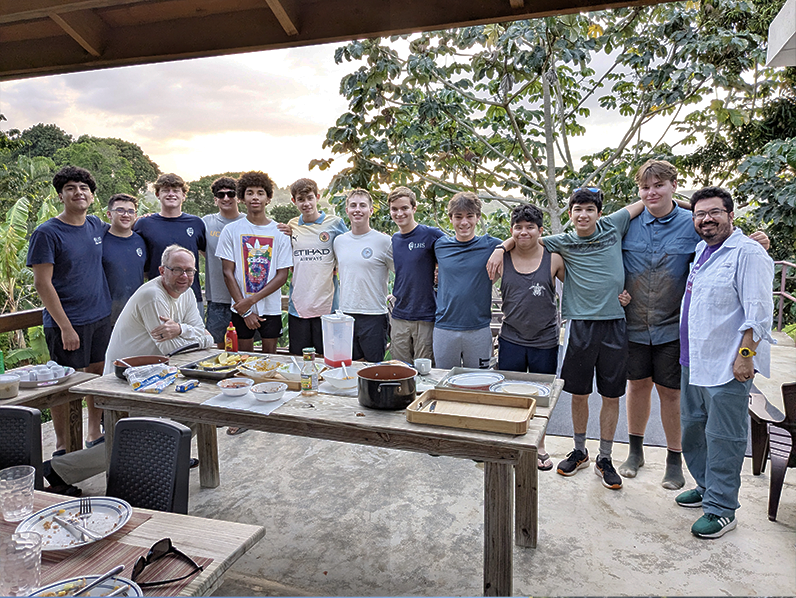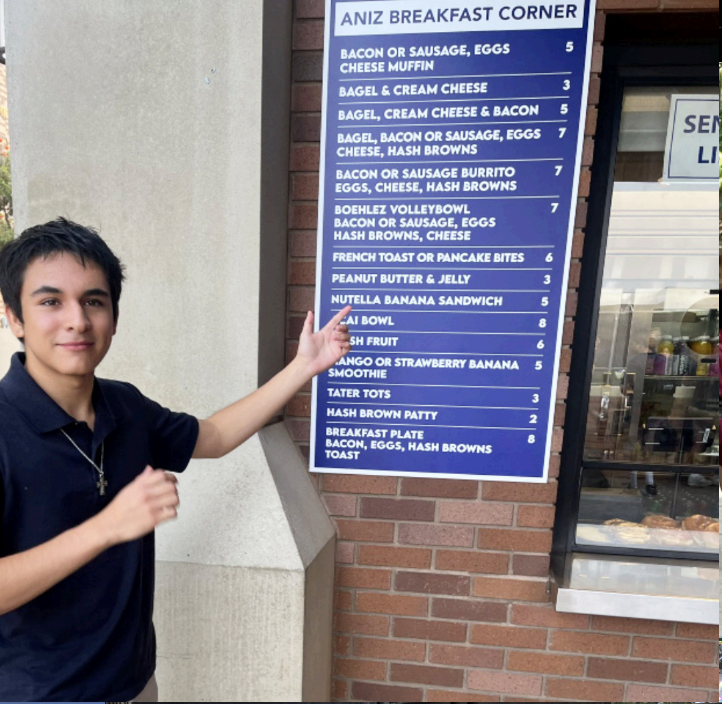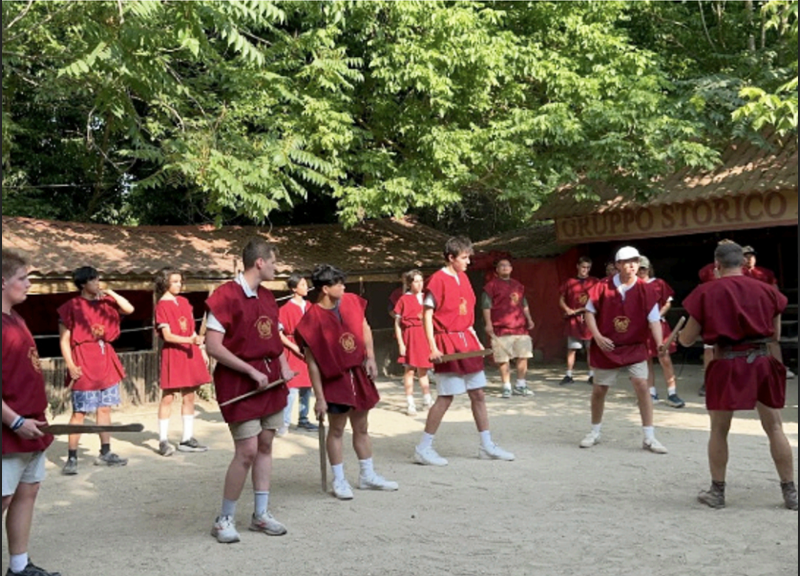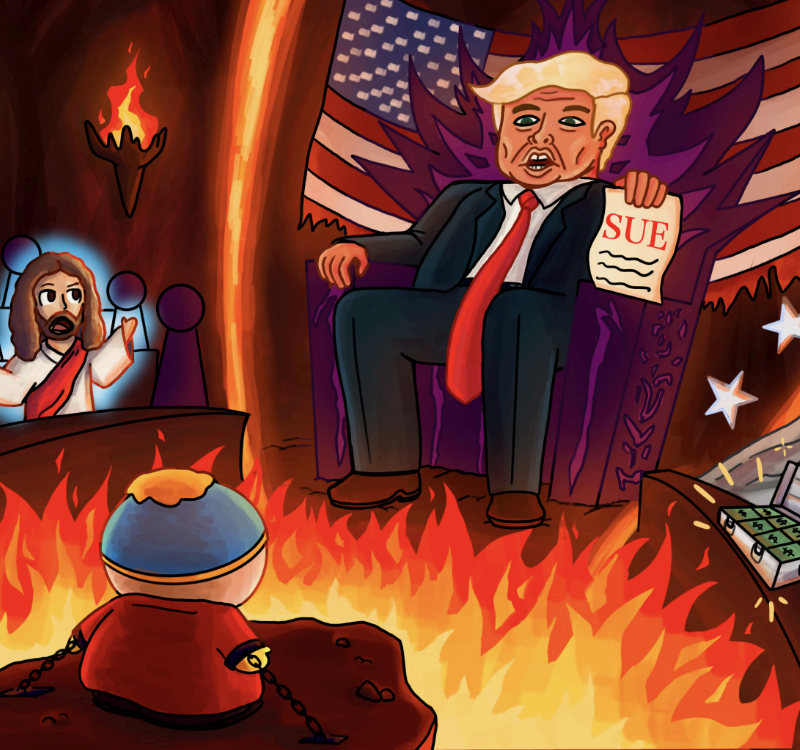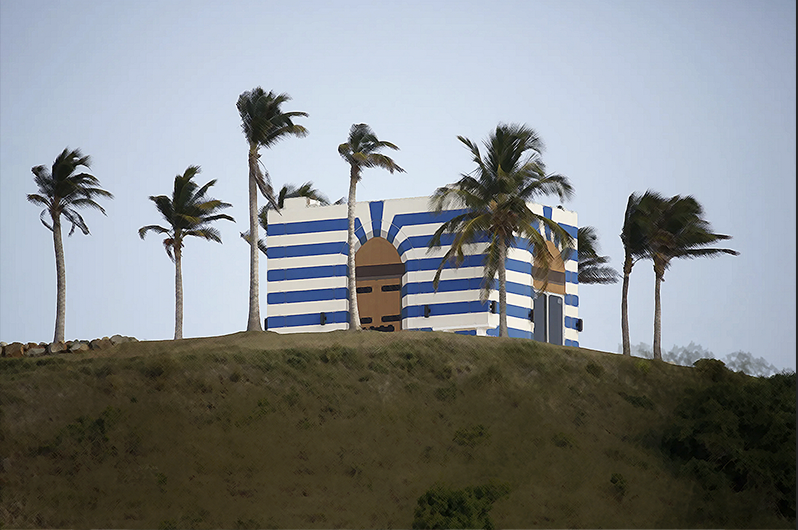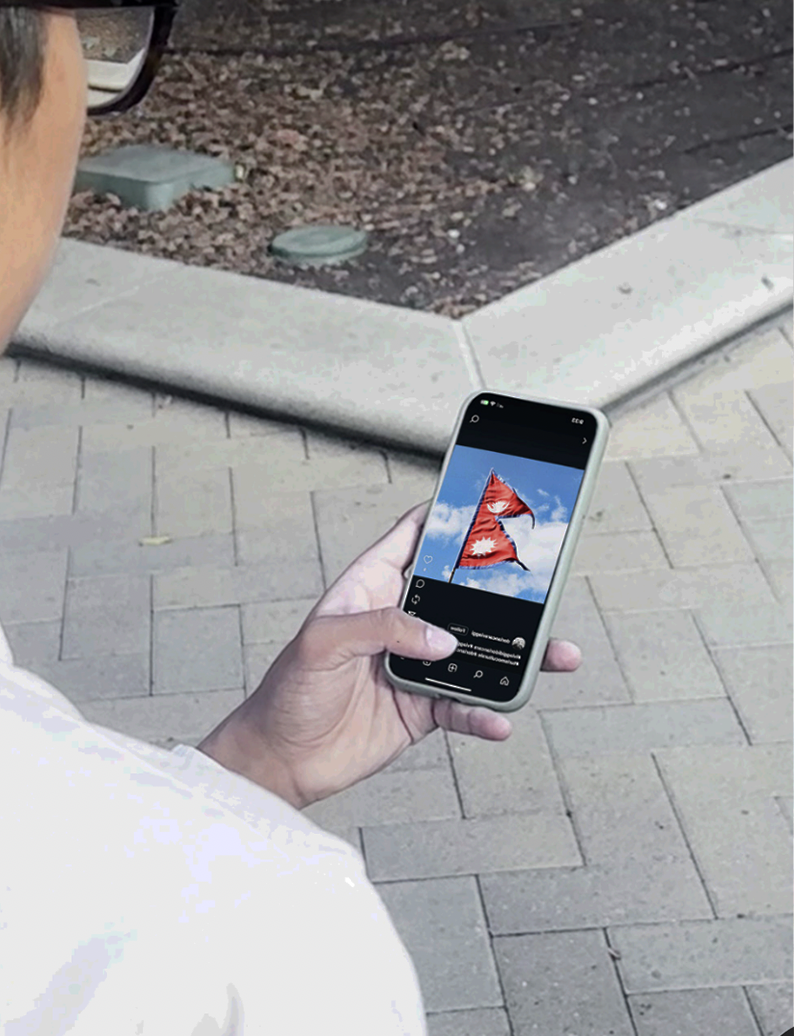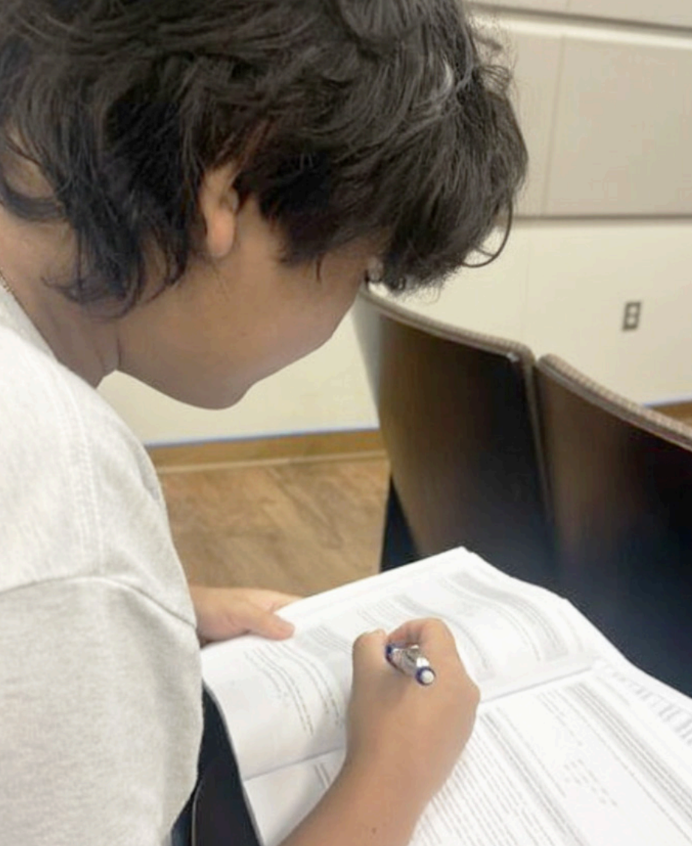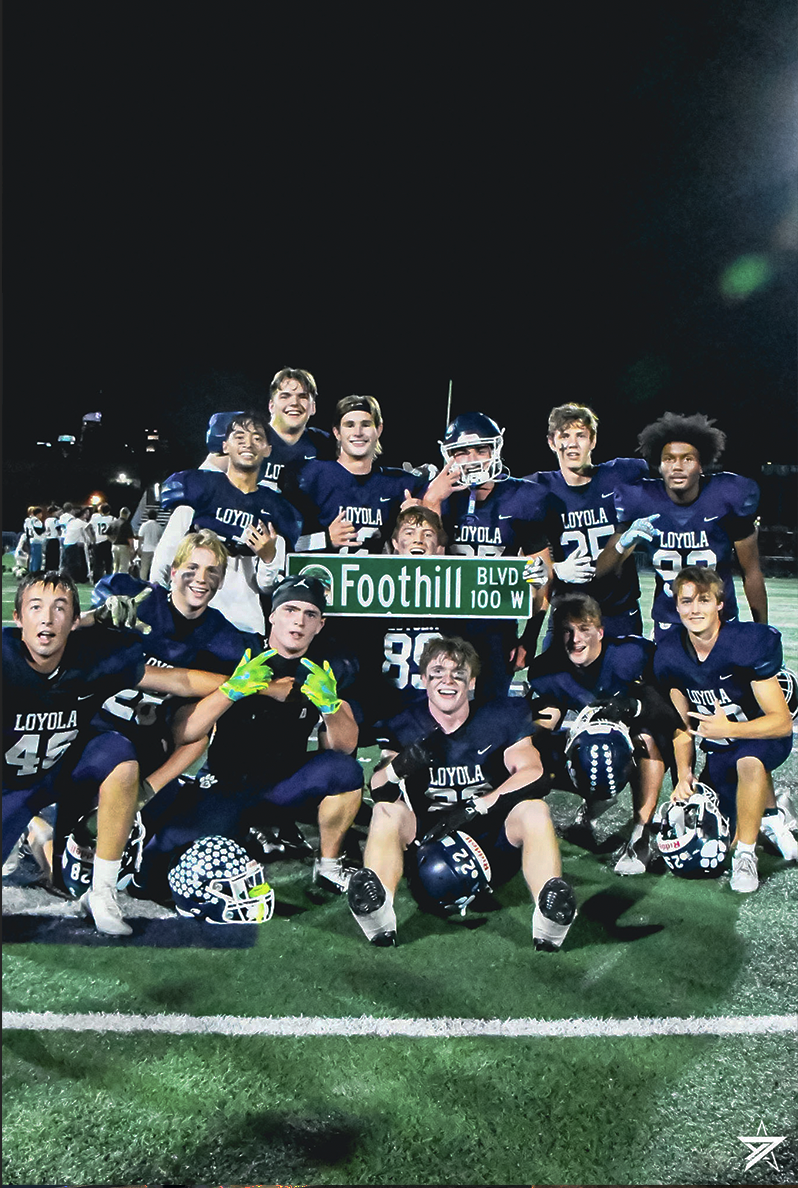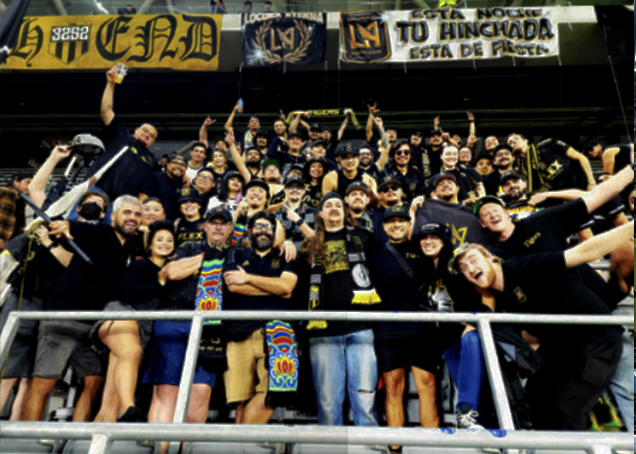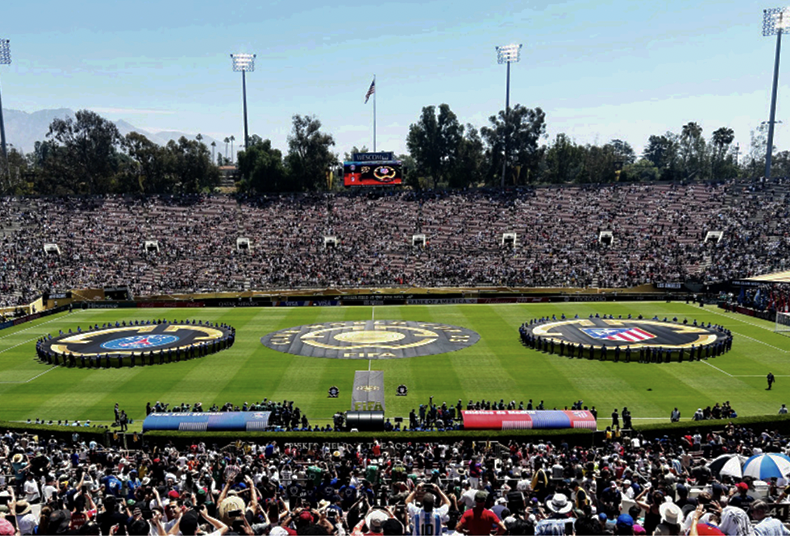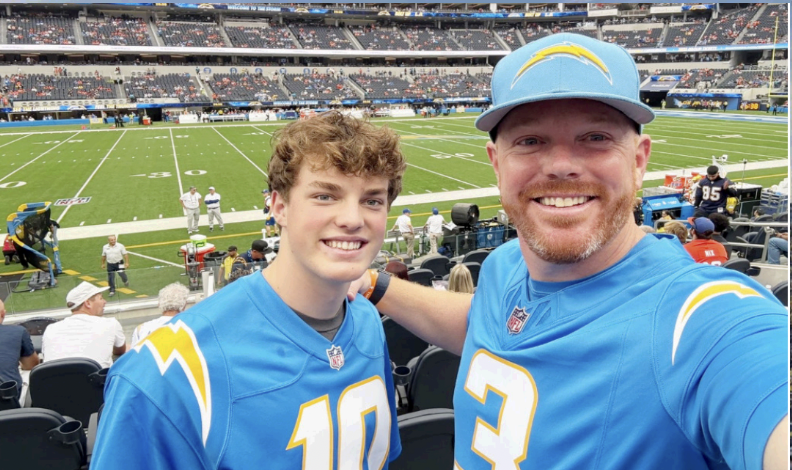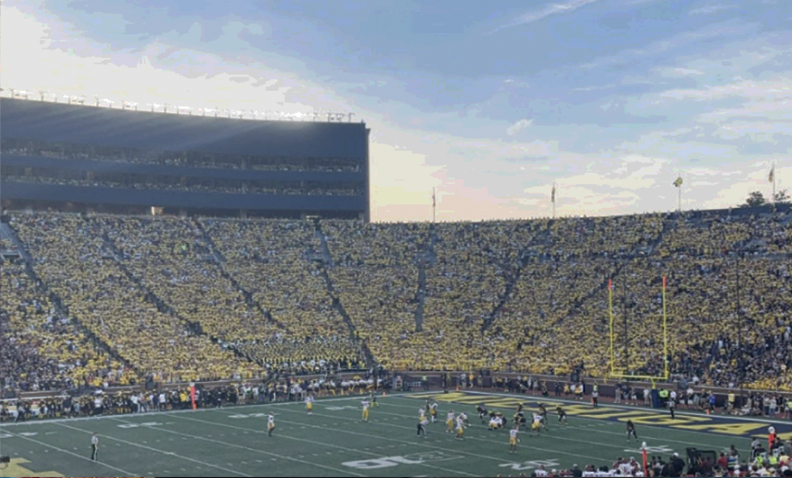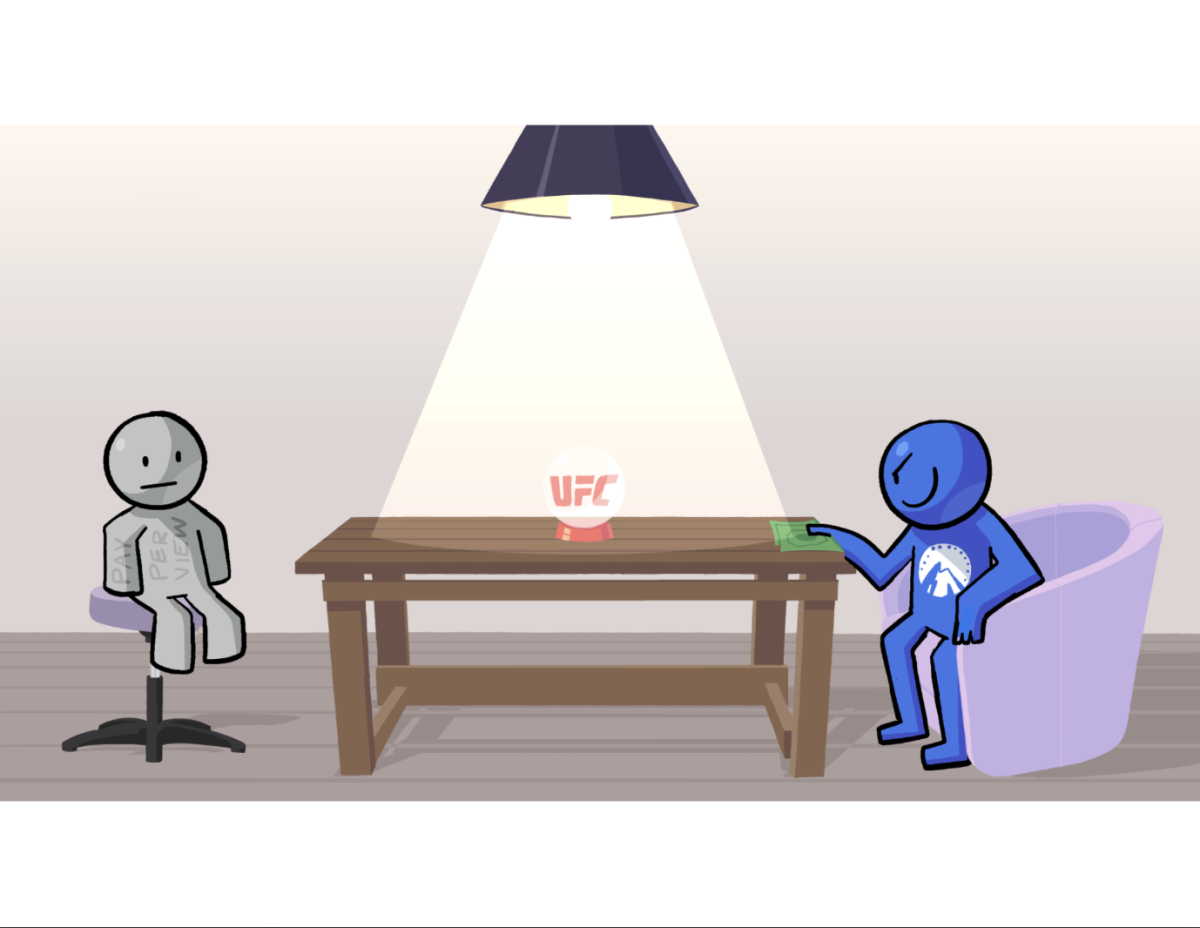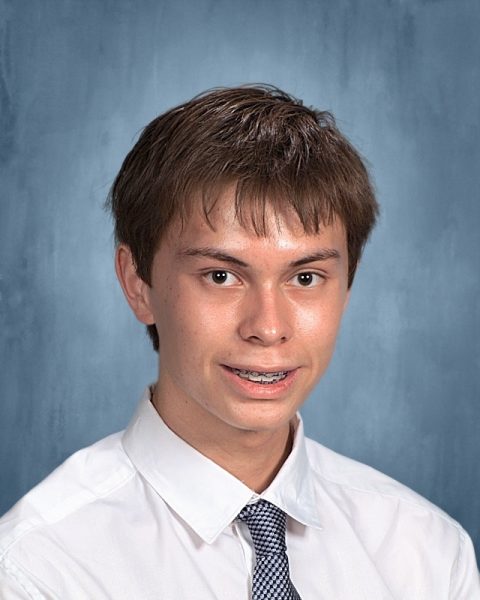In the past few years, the Loyola speech and debate team has grown tremendously. It expanded its range of events to LD, Congress, public forum, and speech, each with tremendous growth in participation and accomplishments over the years. Most schools only have one form of debate, but Loyola, offering a variety of events, splits its budget between them.
The speech and debate team consists of almost 100 students and is the largest program on campus. At debate tournaments, the team competes against other schools at the local, state, and national levels. Tomas Gonzalez ‘26, one of the captains of the Lincoln-Douglas team, stated, “For our team to compete across local and national circuits, we require mobility and an expanded coaching staff to be competitive against other schools.”
“Most schools the team competes against have higher tuition rates and can funnel more money into the debate,” Mr. James Zucker, head coach of the speech and debate team and history teacher explained. Recently, the team has been struggling to compete toe-to-toe. “A lot of students are very eager to compete and it symbolizes what our school is all about: producing great students and leaders,” Zucker remarked, “but it can also open up unintended consequences.” An increasing team size demands a bigger coaching staff and more resources for tournaments, a goal the team has been working to accomplish.
Loyola needs a bigger coaching staff and more resources for tournaments. Even though the students are the ones who push the team forward, funding is necessary to attract and retain good coaches who keep the team competitive. Zucker continued, “Coaches like Patrick Fox (a coach for the LD team) will eventually tell us ‘I can’t keep working for Loyola because another school offered me more money,’ which is completely reasonable for him to do.”
Offering competitive pay retains high-quality coaches who build fundamental skills, allowing Loyola to beat other schools despite the resource differences. Coaches like Fox can create new opportunities for the team and open up other styles of debate such as policy debate. “The goal of the speech and debate team is to compete at the Tournament of Champions, the tournament featuring the best debaters in the country,” said Congress debater Charles Harvey ‘27.
Reaching that goal requires that the team remains resilient and wins throughout the rest of the school year. However, resilience alone is not enough. To truly thrive on the national stage, the team needs the continued support of the Cubs and school faculty to ensure it has the resources to remain competitive. With the right support, the team can not only reach the Tournament of Champions but also inspire the next generation of debaters to take their voices to even greater heights.




